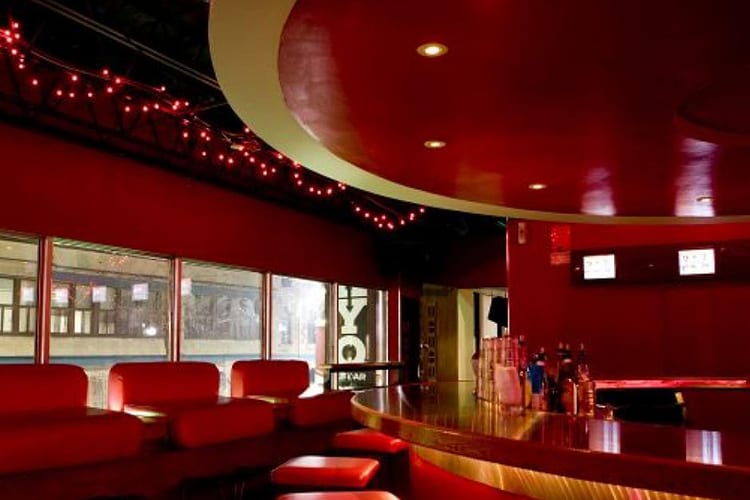Content warning: Mentions acts of sexual violence
McGill is a school where students love to enjoy themselves and for many students this includes frequenting the nightclubs which pepper Boulevard Saint-Laurent and other Montreal streets. Going out to Saint-Laurent can be a fun experience for all kinds of Montrealers, yet men often complain about not being let into clubs, being charged more cover, or having to deal with rude bouncers. These narratives assume that women have it easier when it comes to clubbing. While it may be true that many women spend less money and wait less time, they end up paying in more sinister ways through the objectification and commodification of their bodies.
Through objectification, a woman’s body becomes separated from her person and she becomes a physical object of men’s desire. There is always an intense pressure for women to look a certain way and for a night out, the expectation is to be sexy. Meanwhile, it is perfectly acceptable for men to wear normal and comfortable clothes which don’t expose their bodies, since men are often valued for more than just that. For many women, revealing clothes are empowering, however, at the end of the day skin tight or exposing clothes can still unintentionally serve the male gaze. In fact, the men report being less empathetic to women in revealing clothes, meaning that especially in nightclubs, this toxic attitude of slut-shaming and sexism on the part of men leads to sexual violence.
For many women, being groped or grabbed is an inescapable part of going out. Some men will see clubs as the place to act out this vicious behavior, even when they know that it is wrong. For them, the drunker a woman is, the easier a target she becomes and the less likely he is to be punished for his actions. In a study of 1, 000 incidents recorded at nightclubs, over 25 per cent involved unwanted sexual behavior, 90 per cent were men harassing women and only in 10 out of the 258 cases recorded did a bouncer intervene. This demonstrates just how little clubs actually care about their female clientele. For many women, being harassed is just the price to pay for clubbing; there seems to be nothing that can be done about it.
For nightclubs, the oppressive cycle of objectification and violation of women’s bodies becomes a business model. Female guests aren’t so much customers as they are an attraction for men. Women at clubs are valued because they can be sexualized, and having more women at clubs means more bodies for men to lust over, seize, and attempt to take home. Sex sells, and men often do end up spending a lot more money on a night out. If clubs can get ‘hot girls’ inside they can charge desperate and disrespectful men more money for cover or even bottle service. Women at clubs aren’t treated as human beings; they are products, something a club can advertise to encourage men to spend more time, and most importantly, more money.
While it may seem like girls have it easy when it comes to getting preferential treatment at nightclubs, the unsettling reality becomes clear very quickly. Women are seen as, treated, and sold as sexual objects, something that nightclubs acknowledge and continue to take advantage of. Men may be shelling out more money but it is women who truly shoulder the higher cost of clubbing. McGill students don’t need to stop going out, but they do need to combat this toxic culture by respecting each others boundaries, reporting aggressive behaviour, and most importantly, supporting victims of sexual violence.









